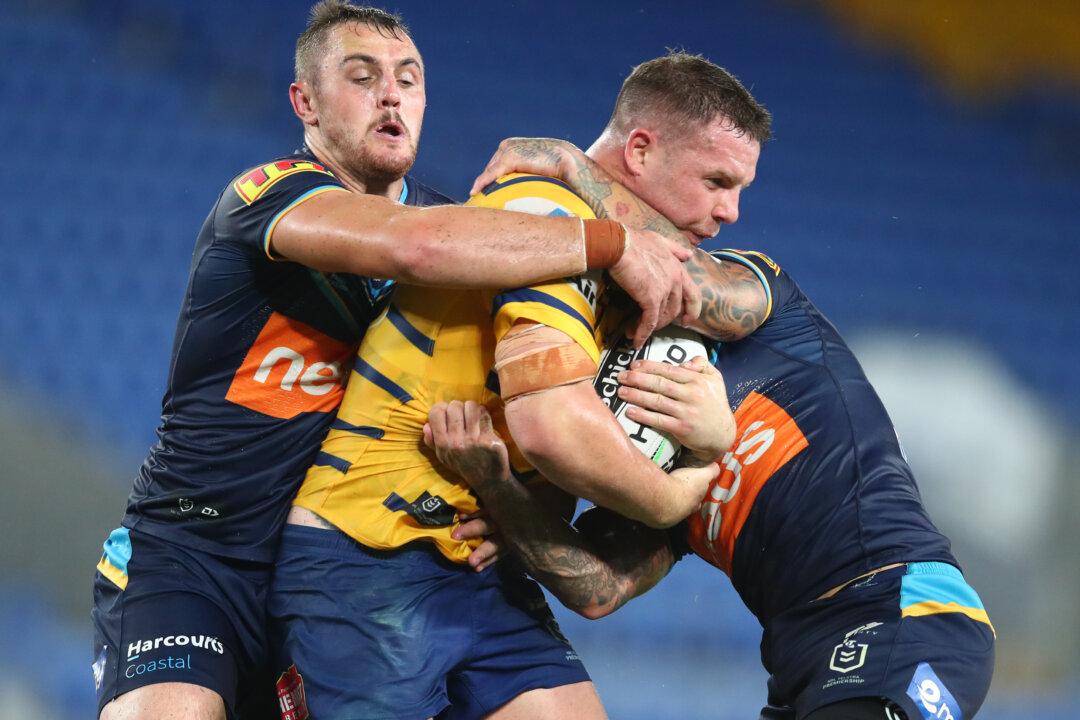The NRL is considering ramping up its concussion protocols further with saliva and blood testing after introducing a mandatory 11-day stand down for players after brain injuries.
The ARL Commission confirmed the most significant changes to its concussion policy in almost a decade on Wednesday, declaring player safety is the game’s No.1 priority.





